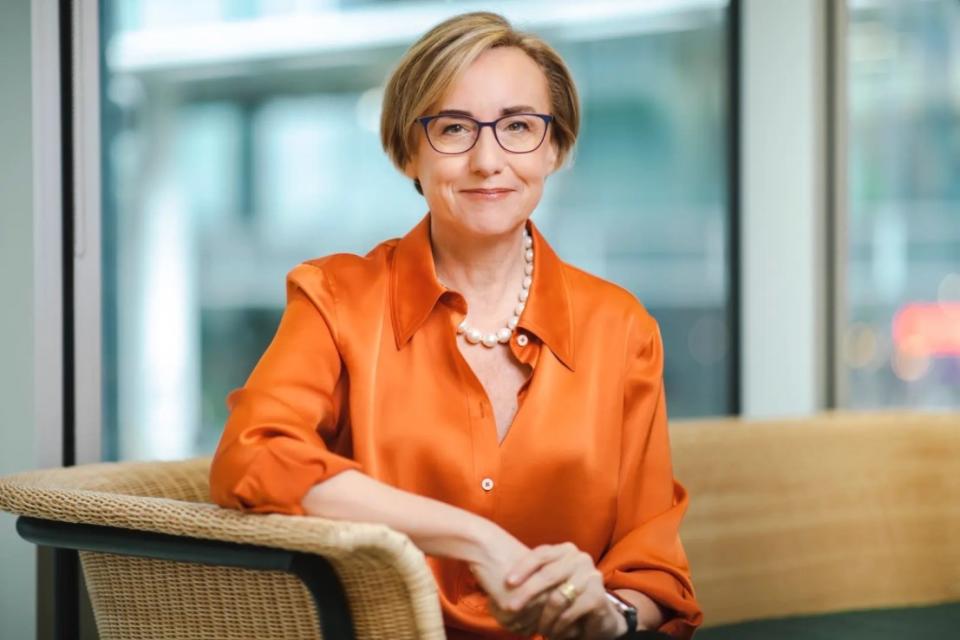Vodafone boss warns poor mobile networks put Britain’s AI goals at risk

Inadequate mobile networks are endangering the UK’s ambitions to be a global leader in artificial intelligence (AI), the chief executive of Vodafone has warned.
Margherita Della Valle, who became the telecoms giant’s CEO last January, said Britain’s substandard networks could make the country slower to adopt and take advantage of AI compared to international rivals.
She warned they could be “the next AI bottleneck”, on top of challenges with chip shortages, computing power limits and AI’s high energy demands.
“5G standalone in the UK, which is the capability you need for this type of communication, is simply not available and will not be available even in three, four, five years time,” Della Valle told The Times.
“The absence of high-speed, low latency connectivity means that certain use cases are not possible, either across the whole network or simply because you have locations where this high speed, low latency will not be available.”
She cited data from networks analysis firm Opensignal showing Britain at the bottom of the G7 for 5G connectivity, adding that it is also “falling behind the rest of the world”.
Nearly all of the UK’s 5G is built on top of existing 4G infrastructure. The government is aiming for all populated areas in the UK to have standalone 5G coverage by 2030, which would carry more data at faster speeds, although Ofcom said in December that deployment was still “at an early stage”.
Analysts have warned that the increasing prevalence of AI in phones and commercial sectors will demand more capacity on wireless data networks and require upgrades.
Della Valle’s remarks come as Vodafone’s proposed mega-merger with Three is investigated by the competition watchdog. One of the firms’ key arguments is that a tie-up is essential for rolling out nationwide 5G standalone networks.
Research by Opensignal has found the merger would create “substantially improved” 5G coverage, especially in underserved or remote areas.
“AI needs computing capacity, it needs energy, and it needs networks”, Della Valle said, warning that businesses and society could not capitalise on the tech without these.
“When people think about the opportunities of AI, when people think about what it can deliver for society, the public sector savings, everyone is focused on the tech companies side of the equation, but in the infrastructure layer that is required for AI, success tends to be forgotten,” she added.
“It will take time to fill these gaps. It’s not something that you wake up in the morning and decide, ‘I want to have the best 5G network in Europe’ and you get it. It takes time.”
Her comments echo those of National Grid boss John Pettigrew, who warned in March that the boom in demand for AI and quantum computing would drive a sixfold increase in data centre power use over the next decade.

 Yahoo Finance
Yahoo Finance 